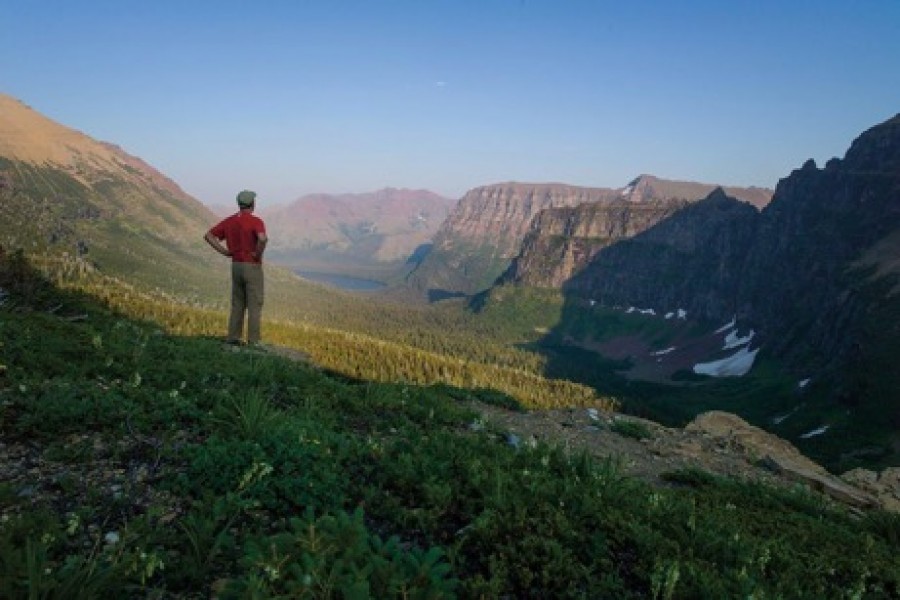Here’s an outstanding op-ed posted yesterday to the Flathead Beacon web site. Recommended reading . . .
In preface to commenting on Stewart Brandborg’s opinion piece on wilderness issues (Dec. 16 Beacon: “Today’s Wilderness Challenge”), I would like to acknowledge with gratitude the service that he and others like Howard Zahniser, Mardy and Olaus Murie, and Aldo Leopold rendered in establishing the framework of our National Wilderness Preservation System. These men and women fought for decades to establish a legacy that benefits all Americans from active users to passive appreciators. Nonetheless, I must offer an alternative perspective to Stewart’s injunction to “resist the fuzzy, fuzzy Neverland of collaboration” when addressing critical wilderness issues.
The Wilderness Preservation System certainly made my career with the U.S. Forest Service immeasurably more rewarding. In my final career assignment, I was supervisor of the Humboldt-Toiyabe National Forest, a forest of 6.3 million acres, including 1.2 million acres of congressionally-designated wilderness. In addition, the H-T has about 3 million acres of roadless areas, de-facto wilderness as it were, that was the subject of intense battles to determine what part should be formally included by Congress in the Wilderness Preservation System.
Managing wilderness is also challenging and much more than a passive exercise in “let it be.” Stewardship of designated wilderness areas is bound by the mandates of the 1964 Wilderness Act. And therein lie many of our management challenges. The introductory section of the 1964 Wilderness Act is inspiring and oft-quoted: “an enduring resource of wilderness…where earth and its community of life are untrammeled by man…” But as a counterpoint to these two paragraphs of poetic vision the Wilderness Act concludes with two pages of exceptions allowing various non-wilderness practices to continue. A cynic might say “Yeah right, untrammeled by man except for multiple airstrips, irrigation reservoirs and ditches, livestock grazing, mineral exploration and mining” – all allowed under the 1964 Act.
Continue reading Edward Monnig: Wilderness and Collaboration
